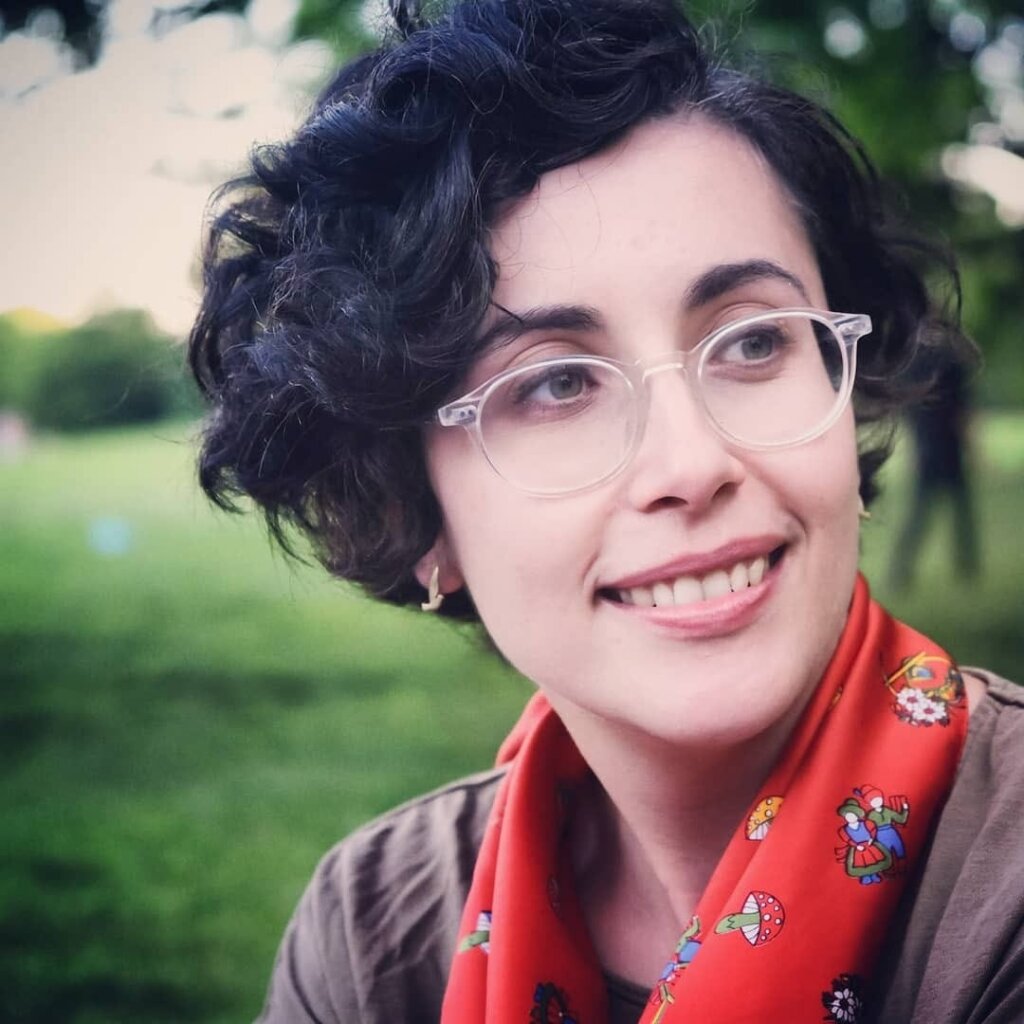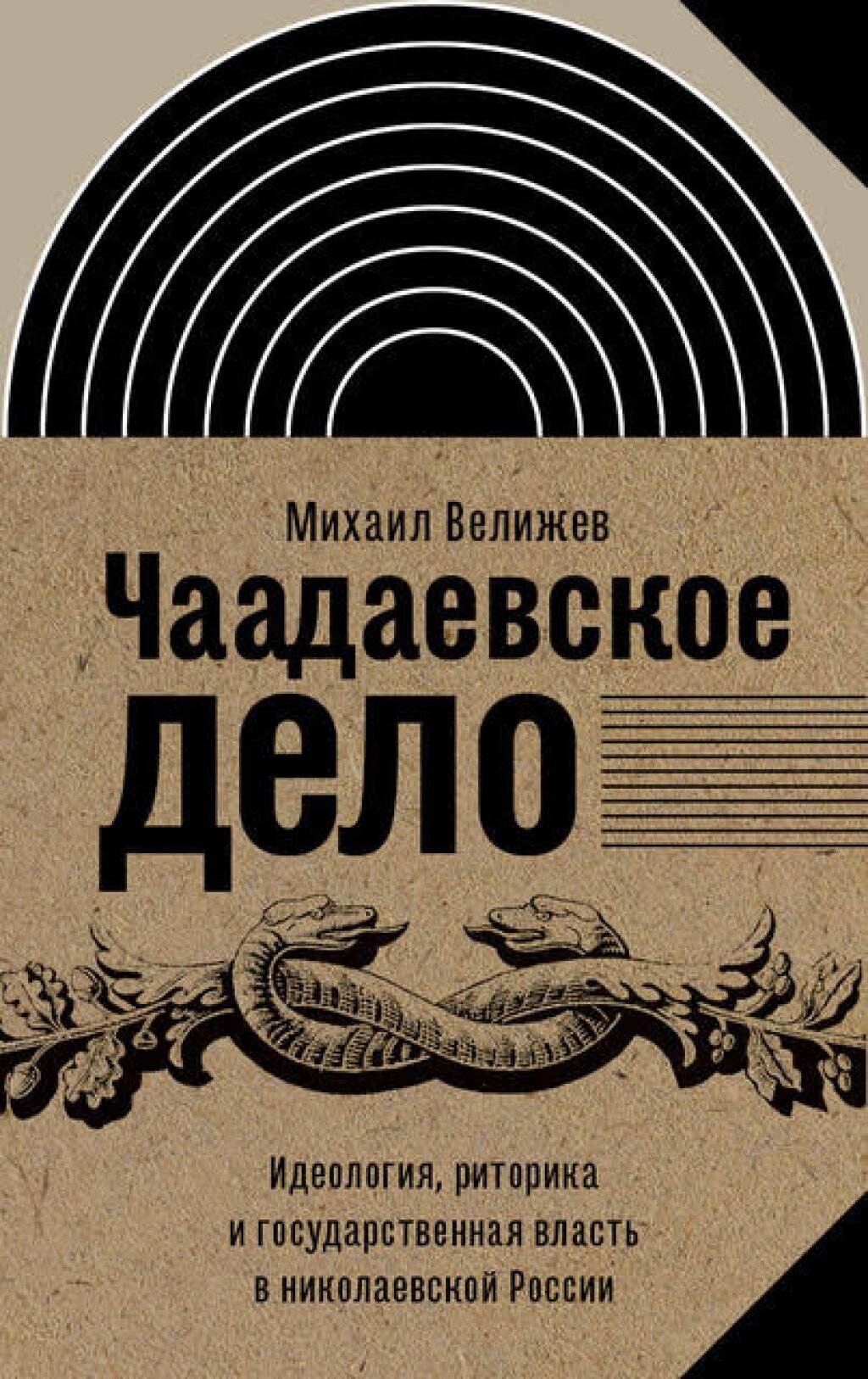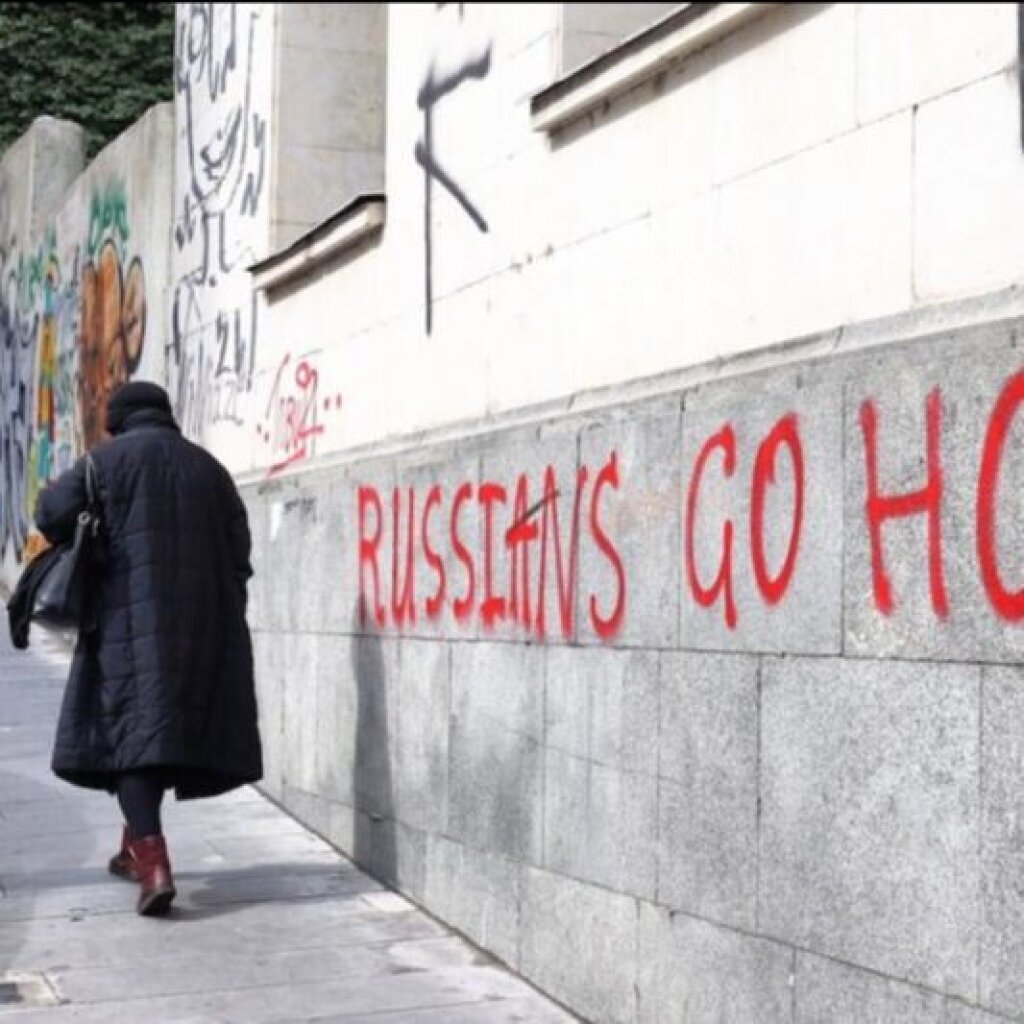In 2009, Japanese art historian Oishi Masahiko argued that Matsumoto Toshio’s unabashedly queer, fervently experimental quasi-documentary Funeral Parade of Roses (1969) was the true inheritor of Soviet filmmaker Dziga Vertov’s avant-garde documentary Man with a Movie Camera (1929). This talk delves more fully into this comparison and explores the curious lineage connecting these two documentary filmmakers and film theorists. This talk explores how both films, with their experimental montage and abundance of editing tricks, served an inherently counter-hegemonic and antifascist function through their desire to liberate human perception.
First, it explains how Vertov’s theory of filmmaking practice could be interpreted as revolutionary phenomenology. The talk then traces the trajectory of the avant-garde documentary from the Soviet 1920s to the Japanese 1960s, well known for being a “season of politics.” Fittingly, the films of this era are revolutionary in form as well as content: they are extremely stylistically varied, revealing a wealth of experimentation unmatched since then in Japanese film history. Yet this is not a simple case of influence, as Vertov’s films and theories were yet not very available in the Japanese context. This talk pairs two seemingly disparate eras and areas to demonstrate how both were engaged in a fervently transnational exploration of documentary film form as inherently political—anti-imperialist, anti-capitalist, and indeed anti-fascist—which served to liberate individual and collective consciousness. The avant-garde documentary form spoke to the zeitgeist of the counter-cultural 1960s by prioritizing surrealism, the questioning of assumed truths, and a reinvigoration of leftist thought.
This event will take place in person and on Zoom. Both our in person and Zoom format will be fully open to the public. Access the Zoom meeting here. Non-NYU affiliates must RSVP. The Jordan Center is located at 19 University Place, on the second floor.
Dr. Julia Alekseyeva is a multi-modal scholar of media, film, and culture, specializing in the interactions between global media and radical leftist politics. She is an assistant professor of English at the University of Pennsylvania and a core faculty member of the Cinema and Media Studies Program (CIMS). She is currently working on her first academic monograph, tentatively entitled Anti-Fascist Avant-Garde: Radical Documentary in Japan, France, and the USSR. Alongside her research, Dr. Alekseyeva is a graphic artist specializing in non-fiction graphic narratives, comics journalism, and memoir. Her first full-length graphic novel, a nonfiction historical memoir entitled Soviet Daughter: A Graphic Revolution, was published by Microcosm in 2017 and won the VLA Diversity Award. She has published traditional academic articles and critical-creative work in ARTMargins, The Sixties, The Journal of Japanese and Korean Cinema, Sequentials, Cine-Files, Jewish Currents, The Nib, and several edited collections.



